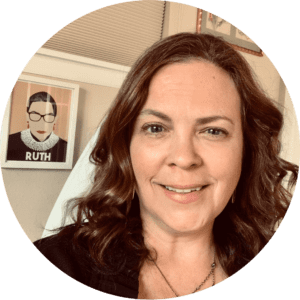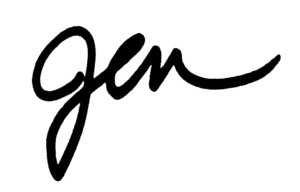Dear Friends,
In July, we celebrate both Independence Day and National Friendship Month. As we know, achieving independence from British rule did not translate to equal justice and freedoms for all people, however.
Indigenous peoples, women and people of color, GLBTQ-identified individuals and many other populations have continued the long struggle to live into the promise of “liberty and justice for all.”
Over the last 18 months, the COVID-19 pandemic has exposed vulnerabilities and disparities that were already present across our nation. The current health crisis has brought into stark relief both large and small cracks in the foundation of our social fabric that have devastating health consequences. Some vulnerabilities and disparities are idiosyncratic and unique while others are more systemic and pervasive.
The challenges of COVID and the imploding economy were exacerbated by the United State’s long and pernicious history of racism. The murder of George Floyd in May of 2020 was acutely felt across the country. We saw the many ways the health care system, economy, and educational system are deeply flawed, and our society’s mistreatment of Black people was on full display. George’s Floyd’s death, just over a year ago, was a grim reminder that we are still far from the desired goal of equity for all.
And so, the work continues. In this issue, we celebrate the resilience of healthcare heroes and reflect on the lessons we can all learn from the spirit of Eid al-Adha. I also examine the ways in which we far-too-often try to achieve ambitious mission-driven goals inside outdated systems whose incentives are misaligned to our desired ends, suggesting, instead, that we cultivate “Kind Open Adaptive Networks“ that help us realize the full potential of being human as we “bend the arc of the moral universe toward justice.”


